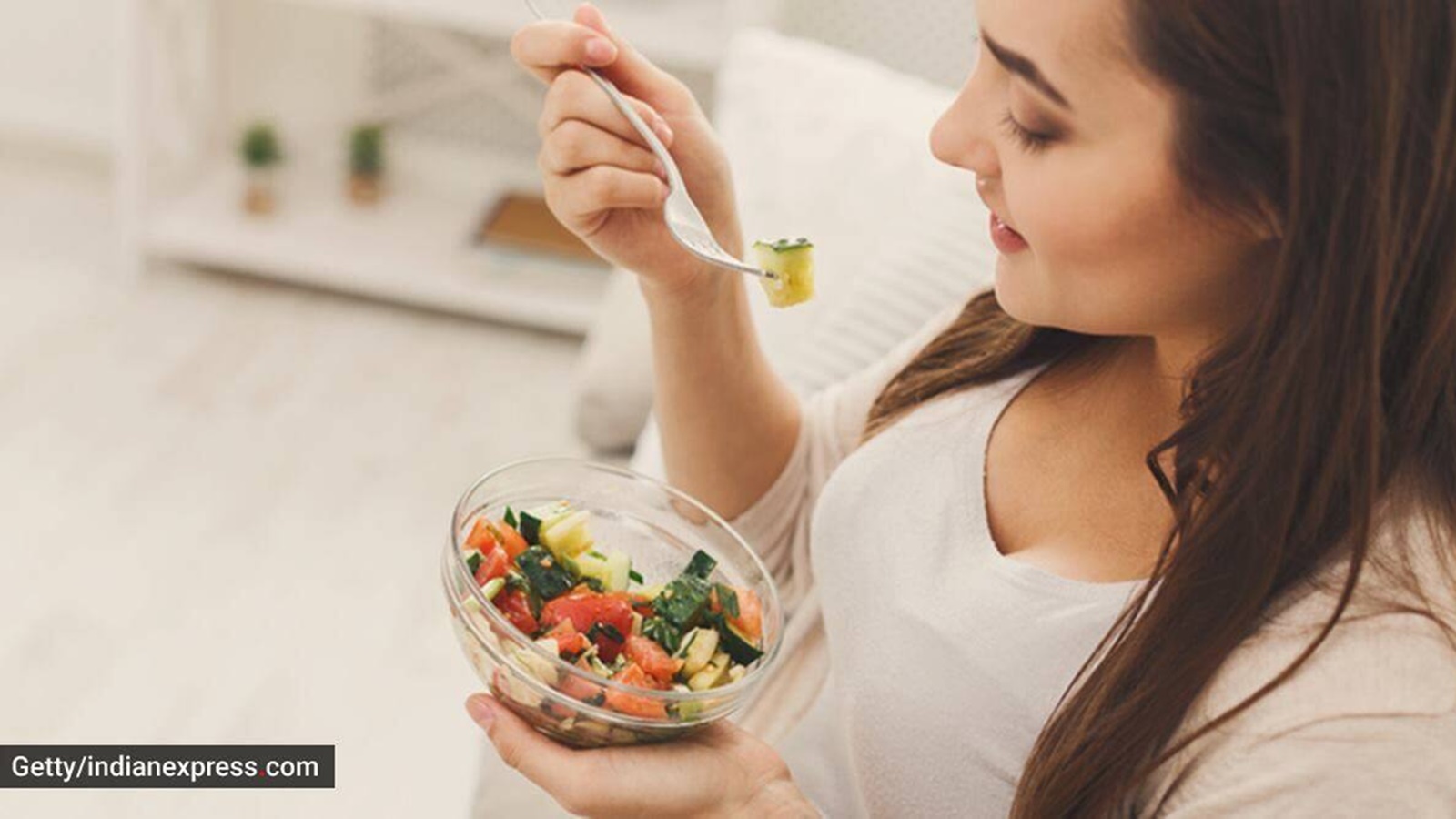To each her own, and that fits perfectly when trying to meet your fitness goals, especially for postpartum weight. When we decided to get you some much-needed post-pregnancy weight loss advice, we chanced upon this snippet from Shilpa Shetty Kundra‘s chat with Kareena Kapoor Khan on What Women Want talk show in May 2023, where Shilpa spoke about her postpartum weight loss journey.
“After my child, I had put on some 32 kilos. That is when I followed a low-carb, no-carb diet. That worked like magic for me. Carbs are essential because we do a lot of work and are on the go. Carbs are what give you energy. But what kind of carbs you are choosing is very important,” said Shilpa.
“Don’t eat a fried potato. You can have a baked sweet potato. So, I have never kept away from those choices. Sourdough bread is a staple every morning. I try now that I avoid carbs after 7 pm now,” she added.
Considering post-pregnancy weight loss is a common concern for many women, is a low-carb, no-carb diet advisable for new mothers?
While diets with or no carbohydrates can help people lose weight, it’s important to take a gynaecological perspective when thinking about how they might affect postpartum women, shared Dr Priyanka Suhag, consultant, dept of obstetrics and gynaecology, CK Birla Hospital (R), Delhi.
 What is your meal preference like? (Source: Getty Images/Thinkstock)
What is your meal preference like? (Source: Getty Images/Thinkstock)
Agreeing, Dr Rajashri Tayshete Bhasale, consultant gynaecologist and obstetrician, laparoscopic surgeon, Wockhardt Hospitals Mira Road Shilpa’s experience may have been successful for her, but generalising such dietary approaches requires careful consideration.

What are low-carb diets?
Low-carb diets typically involve restricting or eliminating foods high in carbohydrates, such as grains, fruits, and starchy vegetables.
“While this can lead to initial weight loss due to reduced water retention and lower calorie intake, it’s essential to weigh the potential benefits against potential drawbacks,” noted Dr Tayshete Bhasale. “Reducing or eliminating carbohydrates could deprive the baby of vital nutrients needed for good health, such as fibre, vitamins, and minerals,” said Dr Suhag.
Moreover, sudden, and significant weight loss—particularly from strict diets like no-carb diets—can strain a woman’s body further when it may already be healing from the physical strains of pregnancy and childbirth.
Post-pregnancy, women undergo significant physical changes, and nutritional needs are heightened, particularly when they are breastfeeding. “Carbohydrates are a primary energy source, and adequate intake is crucial for maintaining energy levels and supporting the demands of breastfeeding. Restricting carbs too severely may impact energy levels, mood, and overall well-being,” said Dr Tayshete Bhasale.
Gynecologists and nutritionists generally emphasise a balanced approach that includes a variety of nutrient-dense foods. This helps ensure women receive essential vitamins and minerals crucial for postpartum recovery and provide proper nutrition for their newborns. “Individual factors, such as overall health, activity level, and specific dietary requirements, vary among women. Therefore, seeking personalised advice from a healthcare professional is crucial. A gynecologist can assess the individual’s health status, consider any medical conditions, and provide guidance on a suitable and sustainable post-pregnancy diet,” said Dr Tayshete Bhasale.

















.jpg&h=630&w=1200&q=75&v=20170226&c=1&w=120&resize=120,86&ssl=1)


